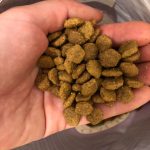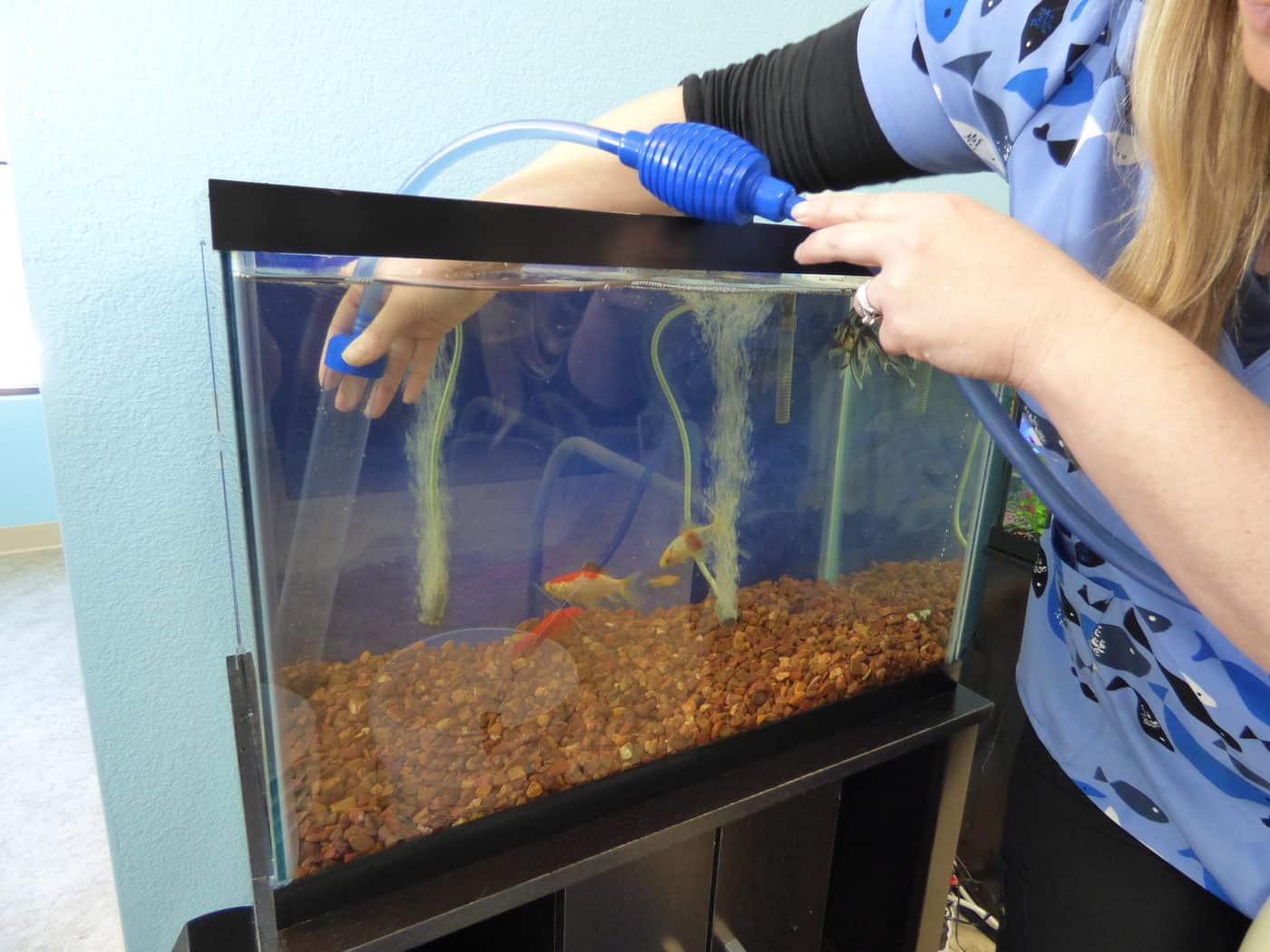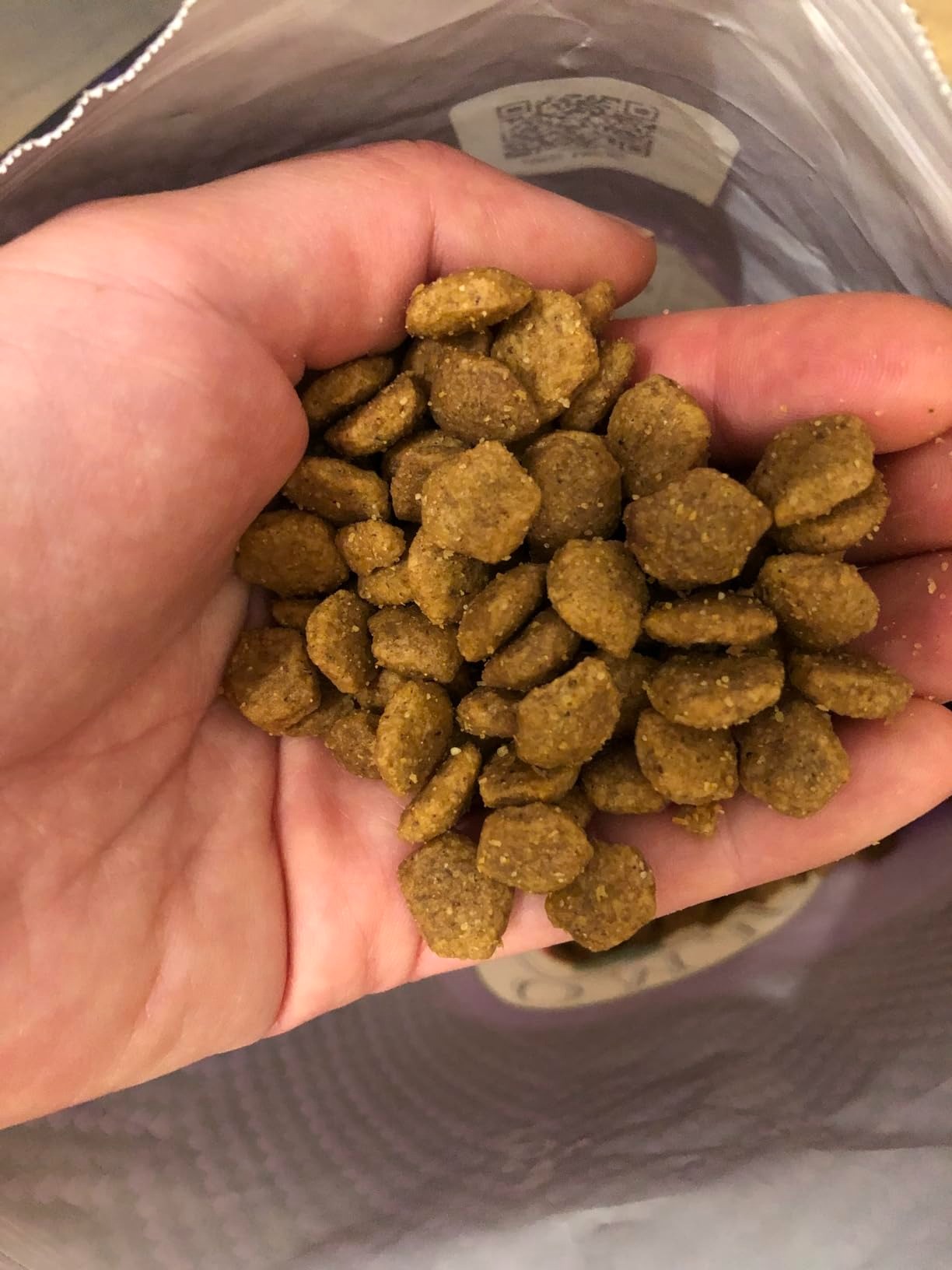Introduction: The Mystery of the Malodorous Aquarium
Aquariums are often seen as serene aquatic havens that bring a sense of tranquility and beauty into our homes. However, when the delicate balance of this mini ecosystem is disrupted, it can quickly turn from a peaceful paradise into a fish tank foul play scene, with an unpleasant smell serving as the primary clue. This olfactory offense not only disturbs the ambiance but also signals potential health hazards for the aquatic inhabitants. In this comprehensive guide, we delve into understanding why your aquarium might emit an undesirable odor and explore effective solutions to restore its freshness and vitality.
Understanding the Source: Common Culprits of Aquarium Odors
The root cause of a smelly aquarium can stem from several sources, each requiring a unique approach for resolution. One common culprit is Ammonia Buildup, a byproduct of fish waste and uneaten food decomposition. Ammonia, highly toxic to fish, gives off a pungent smell reminiscent of urine. Another offender is Decomposing Organic Matter, including dead plants, uneaten food, or even deceased fish, which release sulfurous gases as they break down. Overfeeding can also contribute to this issue by accelerating the accumulation of uneaten food at the bottom of the tank. Lastly, Poor Filtration systems or those in need of maintenance fail to remove pollutants effectively, allowing odors to accumulate.
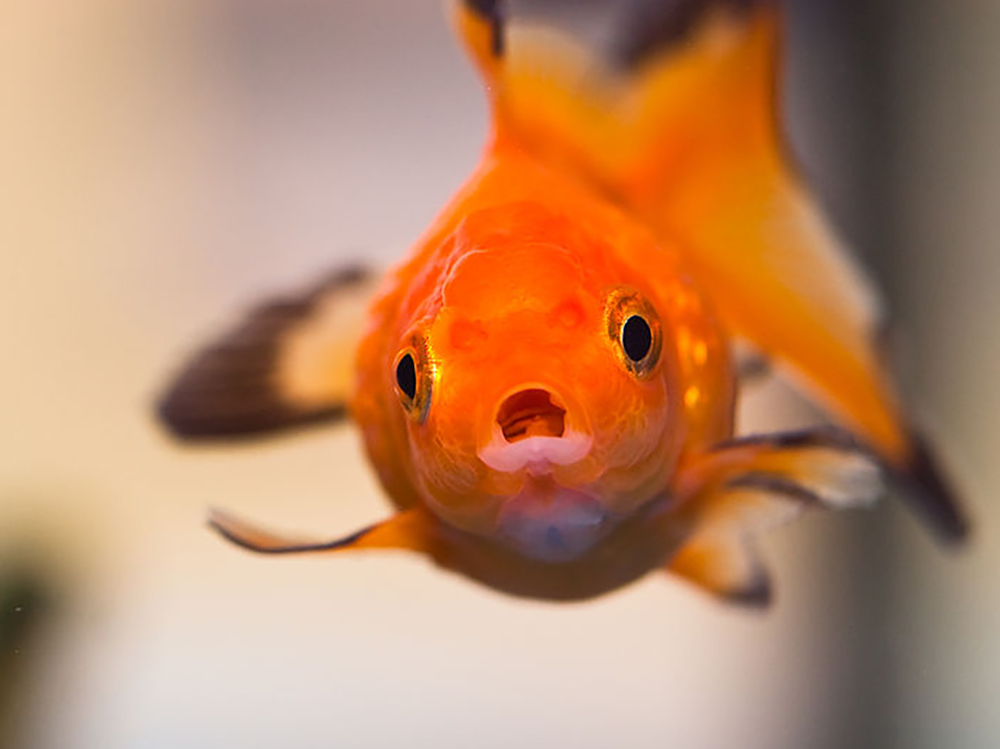
The Importance of the Nitrogen Cycle: A Foundation for Freshness
At the heart of maintaining a healthy and odor-free aquarium lies a thorough understanding of the nitrogen cycle. This natural process converts harmful ammonia into nitrite and subsequently into less toxic nitrate through the actions of beneficial bacteria. A well-established nitrogen cycle is crucial as it prevents ammonia and nitrite levels from reaching toxic concentrations, thus mitigating odorous conditions. New aquarium owners often overlook the importance of cycling their tanks before introducing fish, leading to a rapid buildup of ammonia and subsequent foul smells. Patience during the cycling period and regular testing of water parameters ensure a strong foundation for a fresh-smelling aquarium.
Maintaining Water Quality: Regular Care and Maintenance
Regular water changes form the backbone of aquarium hygiene and odor control. Experts recommend changing 10-20% of the tank’s water weekly, using a siphon to vacuum the gravel and remove debris. This practice helps dilute accumulated nitrates and other dissolved wastes that contribute to odor. Additionally, Monitoring Water Parameters with test kits for ammonia, nitrite, nitrate, pH, and temperature is essential. Prompt adjustments based on test results prevent imbalances that could lead to foul odors. Cleaning Filters and replacing filter media as per manufacturer instructions maintains optimal filtration efficiency, preventing the accumulation of odor-causing substances.
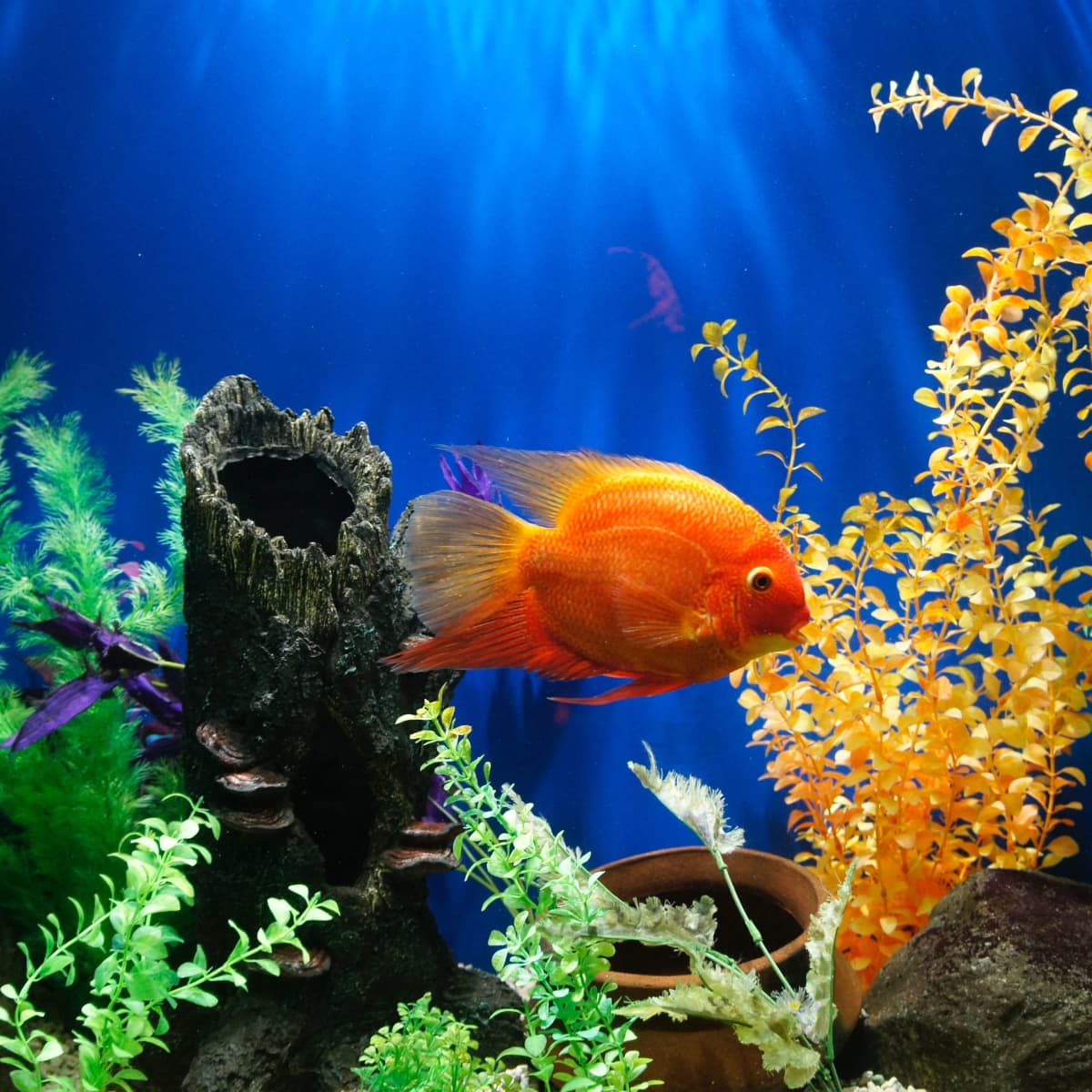
Nutrition and Feeding Habits: The Role in Odor Prevention
Proper feeding practices significantly influence aquarium cleanliness and odor. Overfeeding not only pollutes the water but also stresses fish, potentially leading to more waste production. Implementing a Scheduled Feeding Routine ensures fish receive adequate nutrition without excess. Using high-quality fish foods that are easily digestible minimizes waste output. Furthermore, removing any uneaten food within two minutes of feeding prevents decomposition and resultant odors. Variety in Diet not only enriches the nutritional profile but also stimulates natural foraging behaviors, reducing the likelihood of overeating or boredom-induced feeding frenzies.
Aquatic Plant Management: Nature’s Air Purifiers
Aquatic plants play a dual role in maintaining a clean and fragrant aquarium environment. They act as natural filters, absorbing nutrients (including nitrates) from the water and releasing oxygen through photosynthesis. A well-planted tank not only looks aesthetically pleasing but also helps Control Algae Growth, which can decay and contribute to bad smells. Ensuring Adequate Lighting and Fertilization for plants promotes their healthy growth and maximizes their purifying capabilities. Regular pruning and removal of dead plant matter prevent decaying organic material from fouling the water.
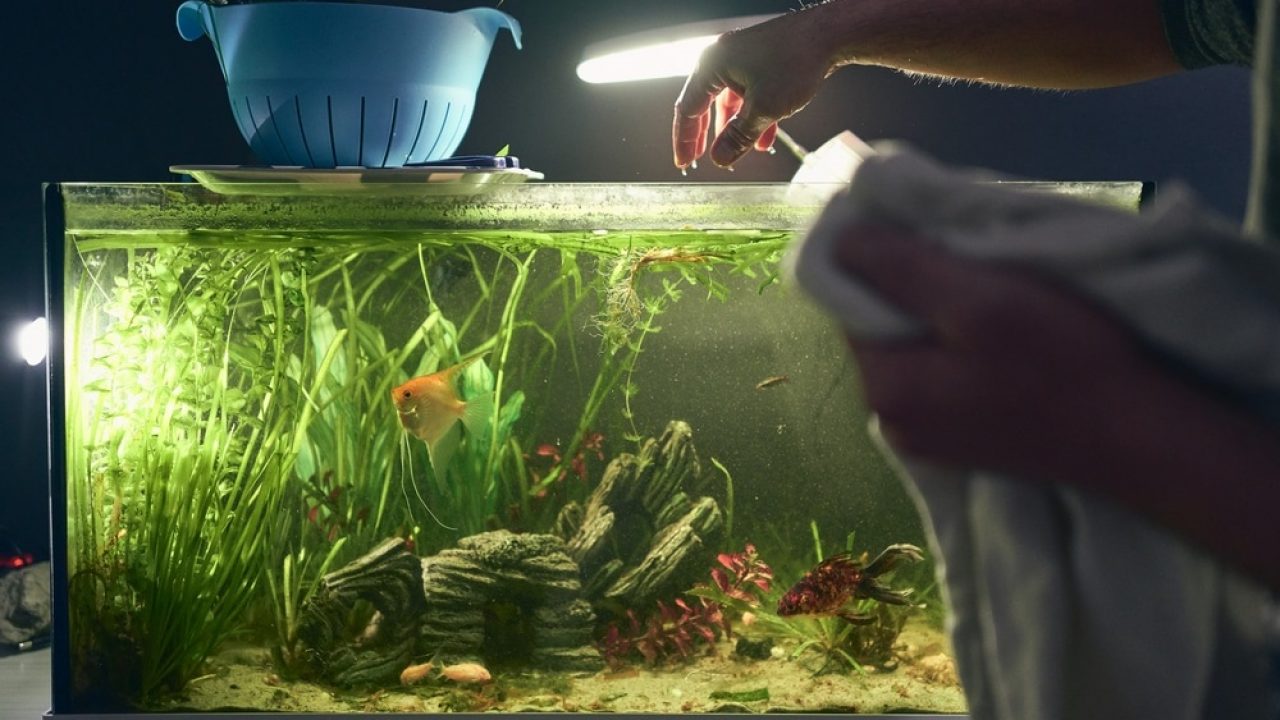
Dealing with Unforeseen Events: Quick Responses to Emergencies
Despite best efforts, emergencies such as sudden fish deaths or equipment failures can still occur, leading to rapid odor development. In such instances, Swift Action is vital. Immediately removing dead organisms and thoroughly cleaning affected areas can halt the spread of harmful bacteria and reduce odor production. If a mechanical failure is detected, promptly addressing the issue—whether it’s a malfunctioning filter or heater—prevents further deterioration of water quality. Keeping a First Aid Kit for aquariums, including water conditioner, emergency bacterial starters, and test kits, ensures readiness for unexpected situations.
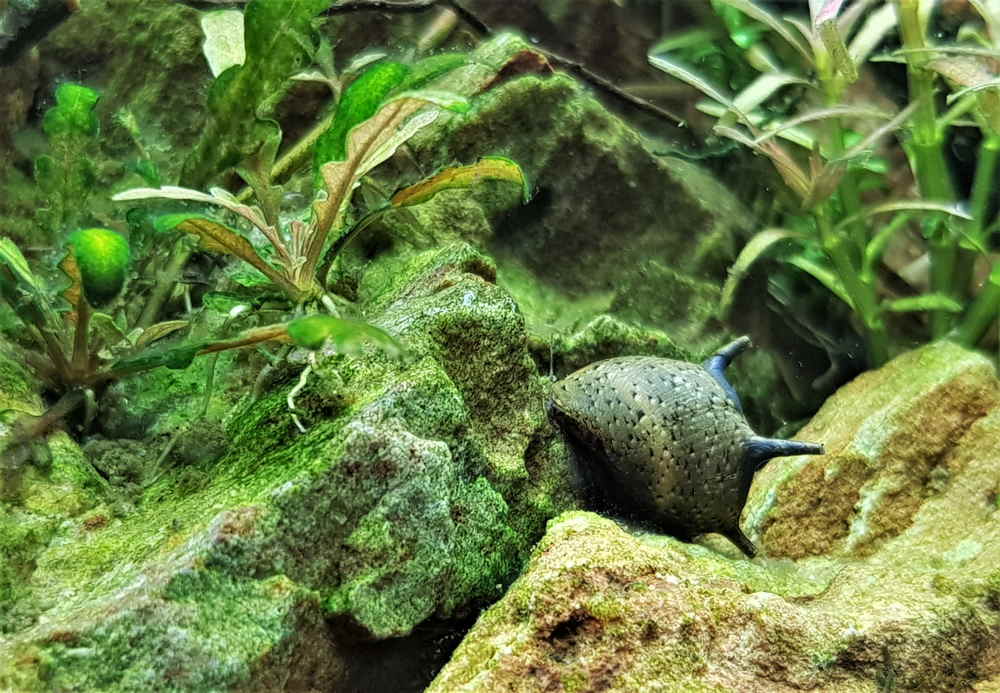
Strategies for Maintaining Optimal Water Parameters
Water quality is paramount in preventing unpleasant odors in aquariums. Regular Water Testing is essential to monitor levels of ammonia, nitrites, nitrates, and pH. Ammonia, produced from fish waste and uneaten food, is highly toxic and can generate strong odors if allowed to accumulate. Nitrite, a byproduct of ammonia breakdown, is equally harmful. A properly functioning biological filter converts these substances into less toxic nitrates, which are then either absorbed by plants or removed via partial water changes. Aim to perform Weekly Water Changes, typically of the total volume, using pre-treated water that matches the aquarium’s temperature and chemistry.
Advanced Filtration Techniques
In addition to standard mechanical, chemical, and biological filtration, incorporating Advanced Filter Media can further enhance odor control. Activated carbon is excellent at absorbing dissolved organics and medications that could contribute to odors. Ion exchange resins help maintain stable water parameters by binding excess ions. Biological additives like bio balls or ceramic rings increase the surface area for beneficial bacteria colonization, improving the efficiency of the nitrogen cycle and waste breakdown.

Conclusion: A Fresh Start for Your Aquatic Paradise
Transforming a foul-smelling aquarium back into a pristine and pleasant environment requires a holistic approach, encompassing understanding the root causes, establishing and maintaining a healthy nitrogen cycle, adhering to rigorous care routines, adopting smart feeding habits, nurturing aquatic plants, and being prepared for emergencies. Each measure plays a critical role in preserving the delicate balance necessary for a thriving and odor-free aquatic ecosystem. With consistent effort and attention, your aquarium can once again become the tranquil haven it was meant to be, a testament to your dedication and love for the underwater world.

